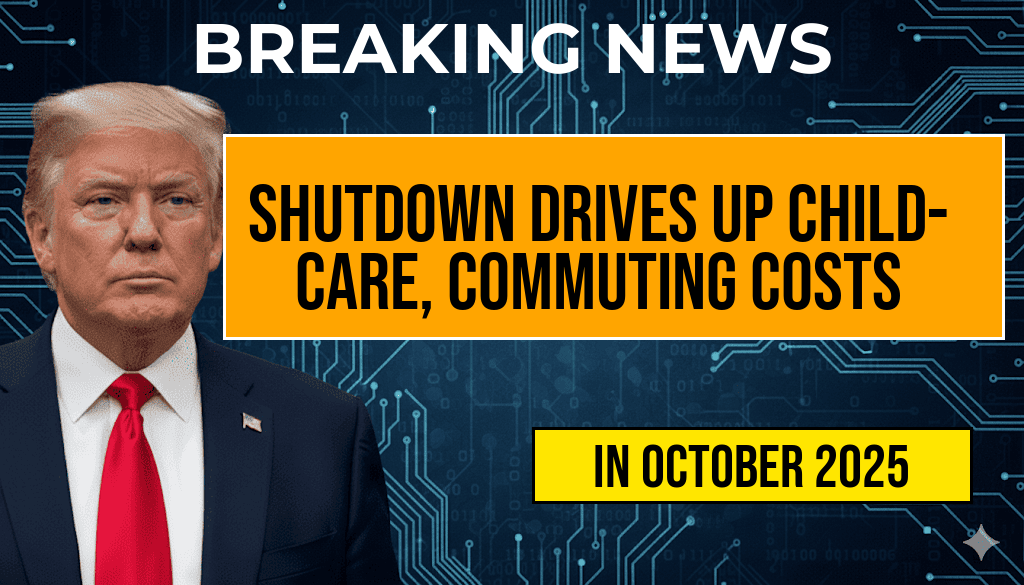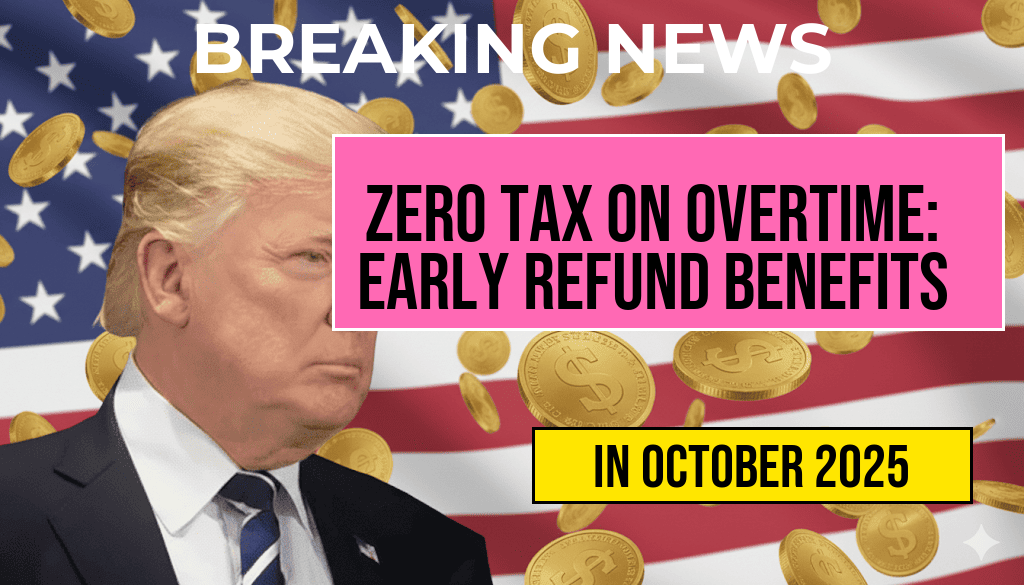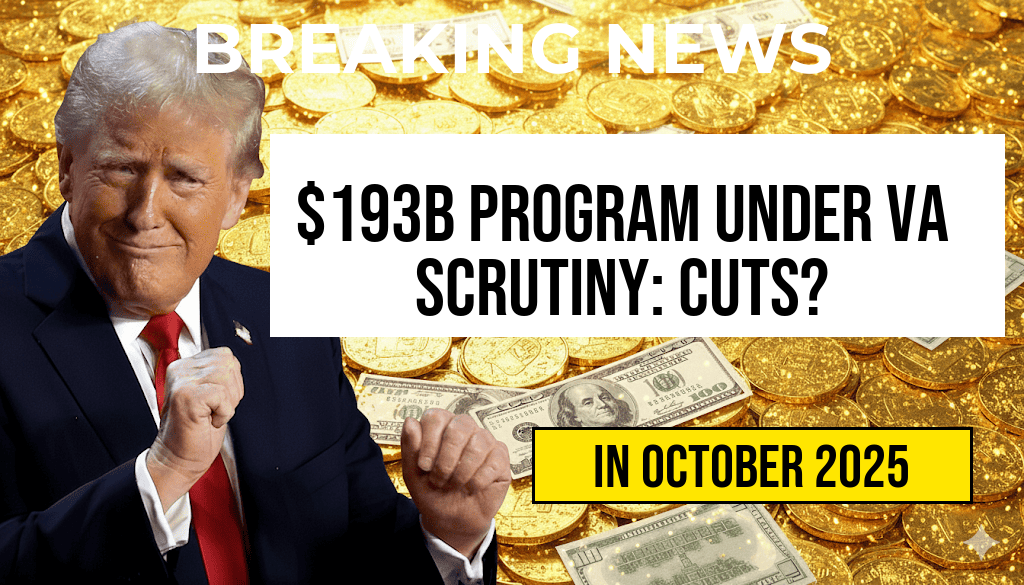In a bold move aimed at supporting low- and middle-income workers, lawmakers are considering a proposal that would eliminate taxes on overtime pay and tips. This initiative is part of a broader strategy to boost economic recovery and provide immediate relief to those hardest hit by the ongoing financial challenges. Proponents argue that this proposal could significantly enhance disposable income for millions of Americans, making a tangible difference in their daily lives. With the potential for early refunds and increased take-home pay, the implications of this policy are profound, particularly for service industry workers and those frequently working overtime. As discussions progress, understanding the benefits and potential ramifications of this proposal becomes essential.
Understanding the Proposal
The early refund proposal seeks to exempt overtime income and tips from federal taxation, a change that would directly benefit workers in sectors where these forms of compensation are prevalent. Currently, many employees, particularly in hospitality and retail, rely on tips as a substantial part of their earnings. Additionally, overtime pay is crucial for workers who often put in extra hours to meet financial commitments. By removing taxes on these earnings, lawmakers aim to enhance financial security for millions.
Potential Benefits for Workers
The primary advantage of this proposal is the increase in disposable income. Workers would see a direct boost in their take-home pay, allowing for improved living standards and greater financial flexibility. Here are some specific benefits that could arise from this initiative:
- Increased Earnings: Workers can retain more of their income, directly impacting their ability to save or spend on essential needs.
- Enhanced Financial Security: For many, especially those living paycheck to paycheck, the extra funds could provide a safety net against unforeseen expenses.
- Stimulated Local Economies: As disposable income rises, consumer spending is likely to increase, potentially benefiting local businesses.
Impact on Different Sectors
Service industry workers, including waitstaff, bartenders, and delivery personnel, stand to gain the most from this proposal. Tips represent a significant portion of their income, and the removal of taxes could result in substantial financial relief. Additionally, industries that traditionally rely on overtime, such as healthcare and manufacturing, could see similar benefits. The financial freedom afforded by the proposal may also encourage workers to take on more hours, thereby increasing productivity.
Economic Implications
Experts have offered mixed views on the broader economic implications of this proposal. Advocates assert that by increasing the disposable income of workers, the proposal could lead to a more robust economy. Increased consumer spending can create a ripple effect, benefiting everything from retail to local services. Conversely, critics caution that significant changes to tax policy could lead to budget shortfalls at the federal and state levels, impacting funding for essential services.
Considerations for Implementation
While the proposal presents several advantages, successful implementation will require careful planning and consideration of potential drawbacks. Key areas to address include:
- Tax Revenue Effects: Policymakers must evaluate how the loss of tax revenue will affect funding for various public services.
- Federal vs. State Taxation: States may need to adjust their tax codes to align with federal changes, which could complicate the proposal’s rollout.
- Long-Term Sustainability: Ensuring that the benefits of the proposal are sustainable over the long term will be crucial for maintaining its positive impact.
Public Opinion and Political Landscape
As discussions evolve, public sentiment around the proposal is increasingly coming to the forefront. Polls indicate that a majority of Americans support measures that would alleviate financial burdens on workers. However, the political landscape remains divided, with some lawmakers expressing concerns about fiscal responsibility and the long-term impacts on the economy. Engaging constituents through town halls and public forums appears to be a priority for proponents aiming to galvanize support.
Conclusion
The proposal to eliminate taxes on overtime and tips represents a significant shift in policy that could transform the financial landscape for millions of American workers. As lawmakers continue to evaluate the potential benefits and challenges, the focus on creating a more equitable economic environment remains paramount. The coming months will be critical in shaping the future of this initiative, with implications that could resonate throughout the economy.
For more information on the proposal and its potential implications, you can visit Forbes or explore the economic principles on Wikipedia.
Frequently Asked Questions
What is the “Zero Tax on Overtime and Tips” proposal?
The “Zero Tax on Overtime and Tips” proposal aims to eliminate taxes on overtime pay and tips, allowing workers to take home more of their hard-earned income and potentially boosting the economy through increased spending.
How would this proposal benefit workers?
This proposal would provide significant financial relief to workers by increasing their disposable income. By not taxing overtime and tips, employees can retain more of their earnings, which can enhance their quality of life and provide for their families.
What are the potential economic impacts of this proposal?
By increasing the disposable income of workers, the proposal could lead to higher consumer spending, which may stimulate economic growth. Additionally, it could encourage more individuals to work overtime or in service industries where tips are prevalent, potentially resulting in job creation.
Are there any concerns associated with the early refund aspect of the proposal?
Some concerns may include the potential for revenue loss for the government and whether such a plan could lead to unintended consequences, such as businesses reducing wages or hours to offset the lack of tax revenue.
How can workers benefit from early refunds under this proposal?
Workers could receive early refunds on taxes previously withheld from their overtime and tip earnings, providing them with immediate financial relief. This could help them manage expenses or invest in personal goals sooner than under the traditional tax refund process.











